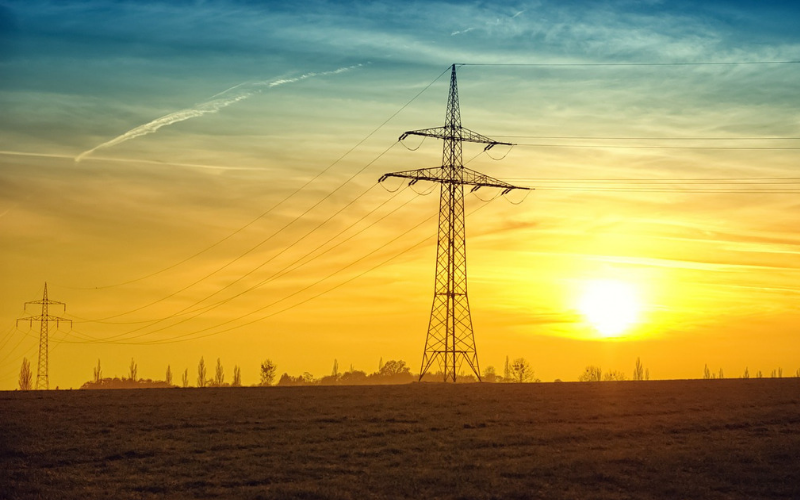Switch to electric cars by 2035 "doesn't worry" National Grid

A representative of the National Grid says he doesn’t “see any problem in the slightest” with the growth in demand for electricity caused by the increase in electric vehicle charging.
The National Grid anticipates 11 million electric vehicles will hit Britain’s roads by 2030, rising to 36 million by 2035, when the Government plans to outlaw petrol and diesel engines.
Stephen Marland, National Grid’s Head of Innovation, said the UK would need to produce 30% more energy in total if all cars became fully electric.
“That in itself isn’t something we worry about,” said Mr Marland. “We’ve got more capacity now in terms of production than we’ve ever had.”
Demand for energy has fallen steadily over the last ten years thanks to increased efficiency and the introduction of smart meters.
Despite concerns that a mass switchover to electric cars may cause power outages, Marland believes there is plenty of time to prepare for the next generation of vehicles.
“If everything happened in one go, that will create problems,” he explained. “But it’s not going to happen all in one go. We don’t expect it to happen overnight.
“None of this is something which I can see as a problem. It’s about timing, and we have the time to do it.”
Smart charging
A bigger challenge, in the long run, will be how the Grid copes with drivers charging their cars at home, where the vast majority of charging is expected to take place.
“Frankly, that grid wasn’t designed for electric-vehicle connection points, it’s really designed for households,” said Marland. “If you add a car and you want to charge at 7kW, that’s quite a big demand on the low-voltage grid. Particularly if you’ve got lots of your neighbours doing it at the same time.”
Smart charging – the term used for chargers that automatically adjust how and when they charge – hold the key to absorbing surges in demand.
Rather than charging as quickly as possible, smart chargers allow drivers to top up their batteries slowly over a longer period of time, also taking advantage of the cheaper tariffs available overnight.
Vehicle-to-grid charging
Another really exciting area with potential is vehicle-to-grid charging. This allows the grid to use electric cars as energy storage devices, with drivers selling power back to grid.
“If you ever get to that point of 10, 11 million vehicles all plugged in at different times of day, different times of the week, that’s effectively a big, mobile storage facility driving around our streets,” said Marland. “There’s a role for all of that technology on the grid.”
Click Here to learn more about Electric Vehicles